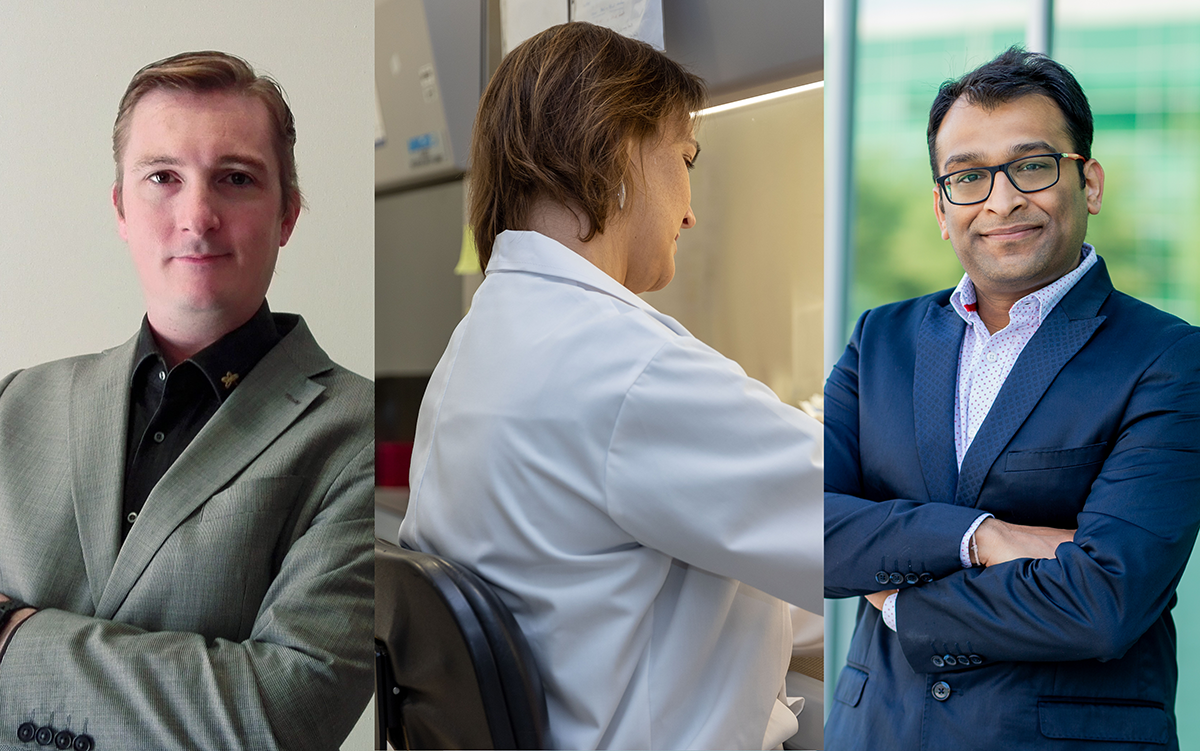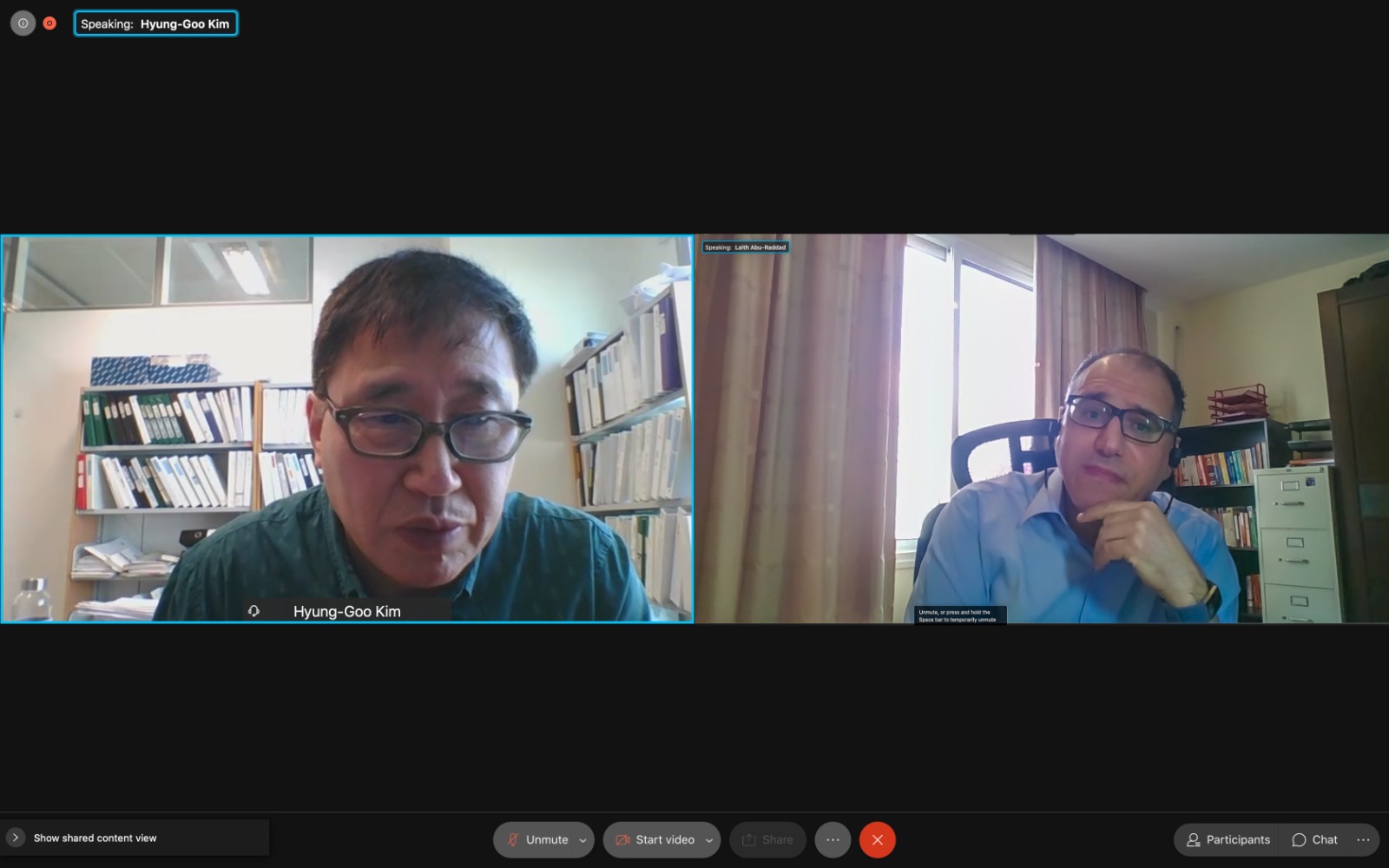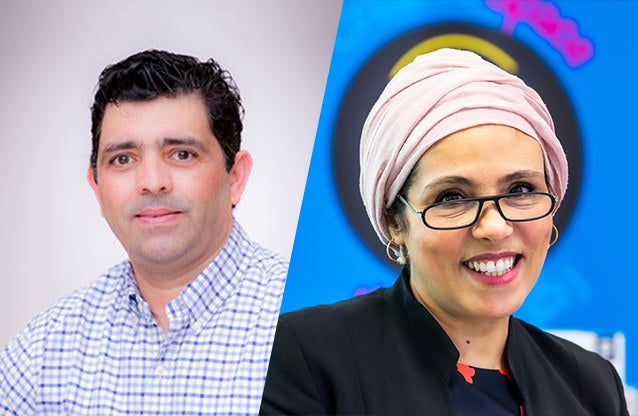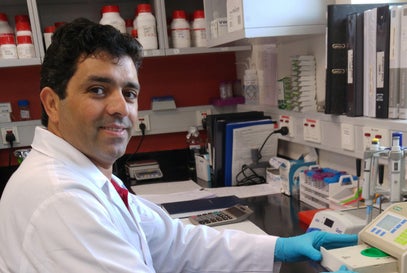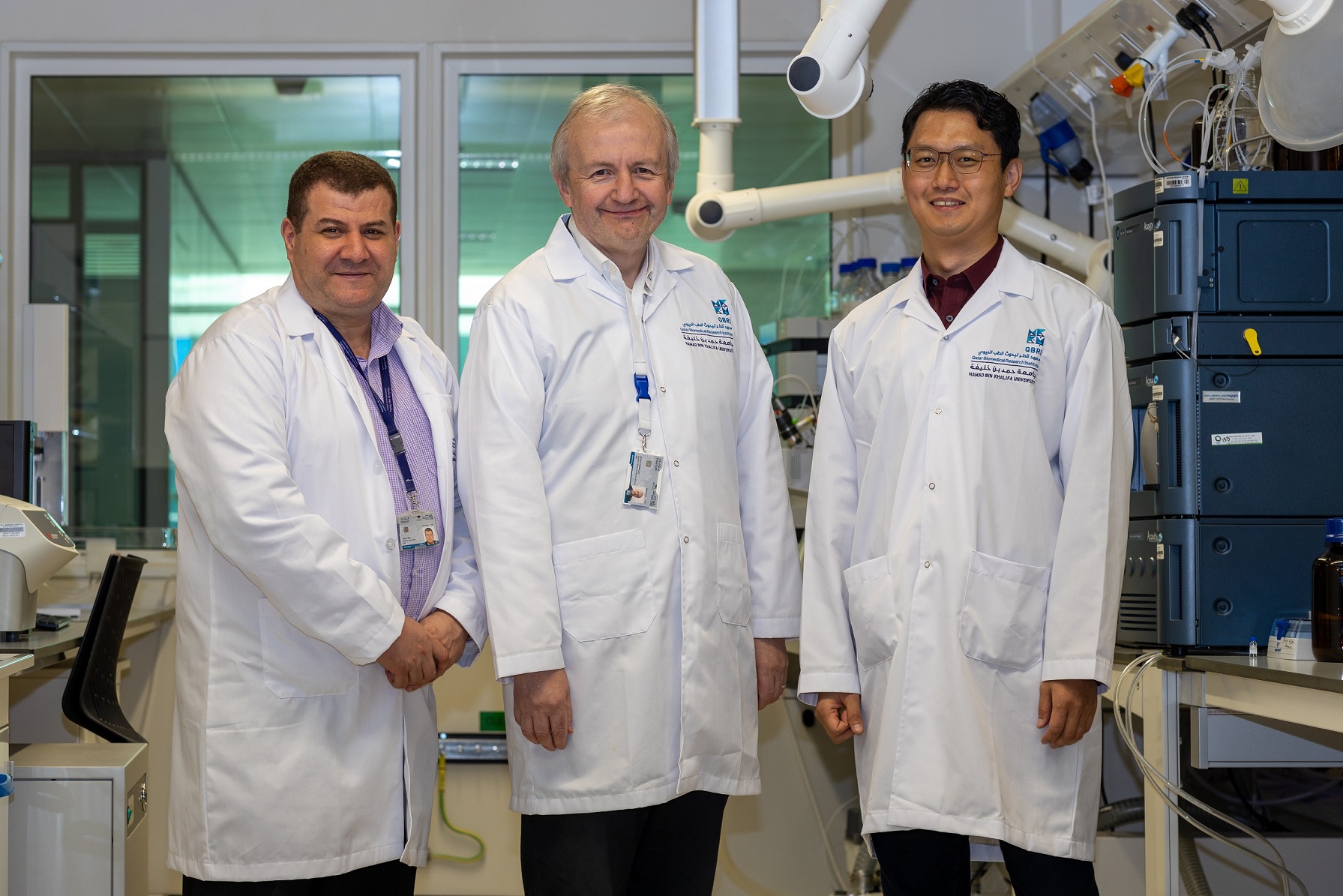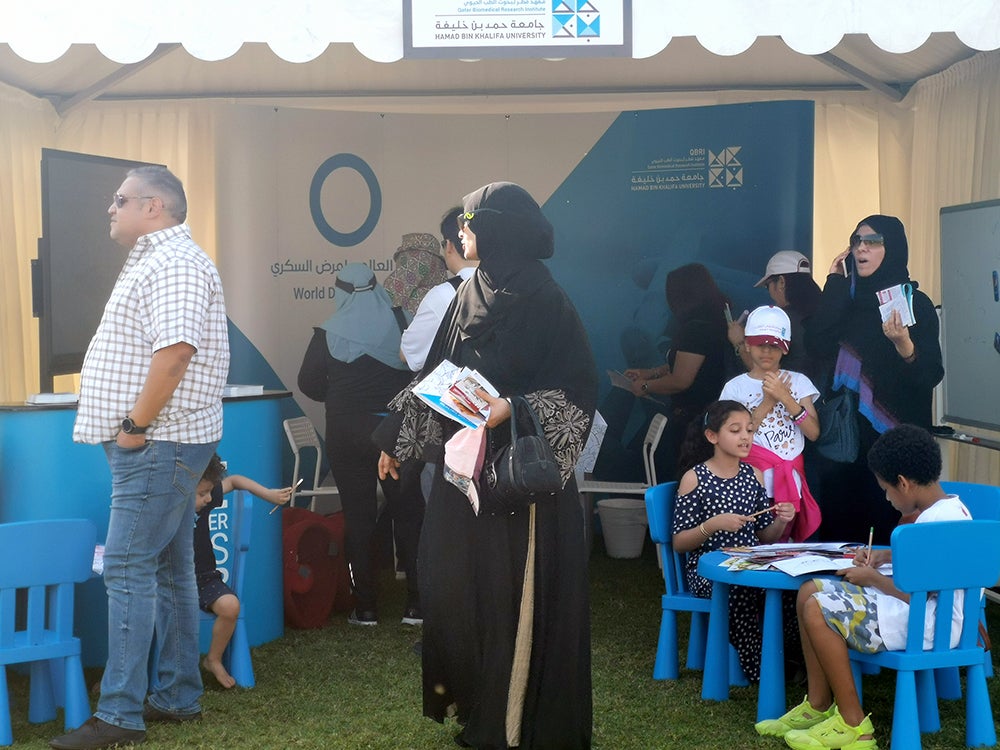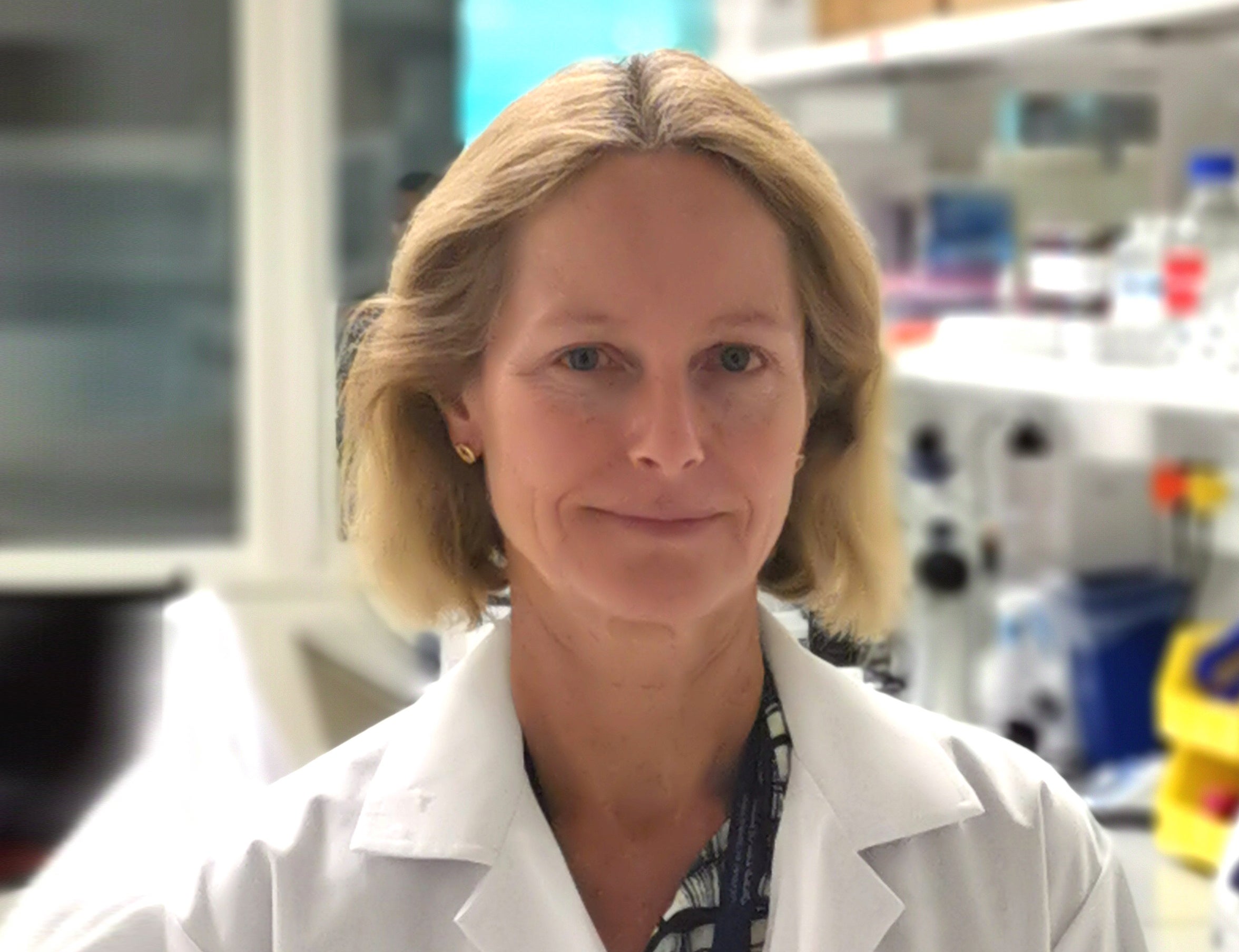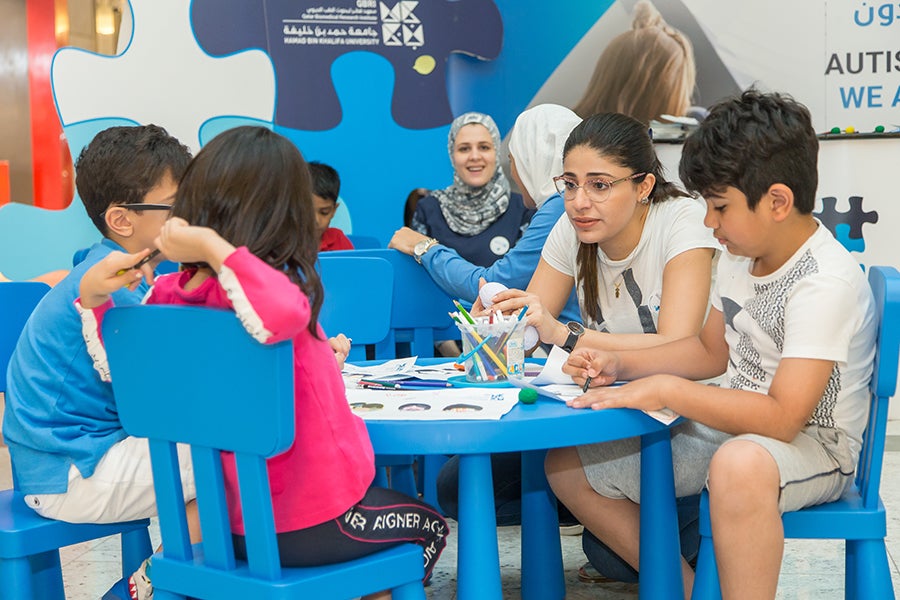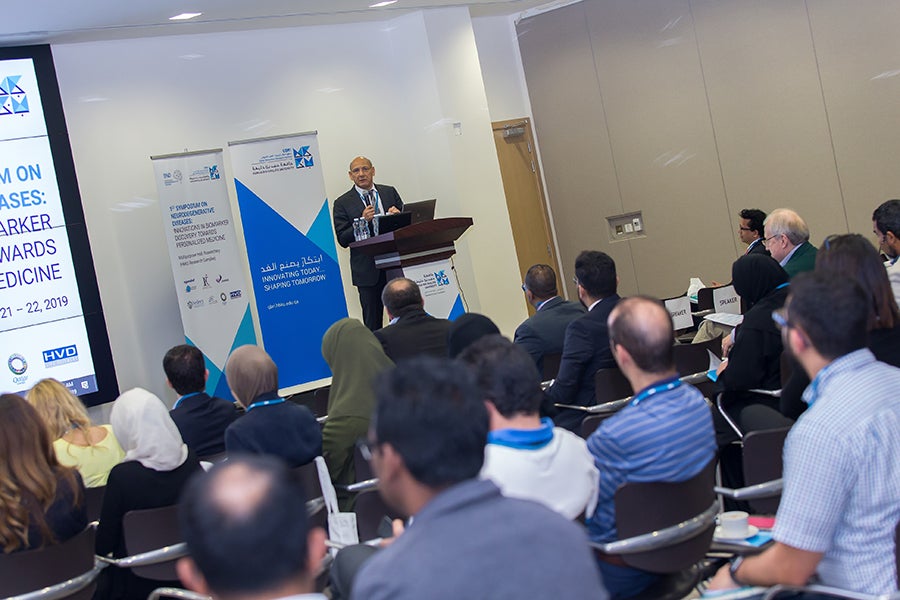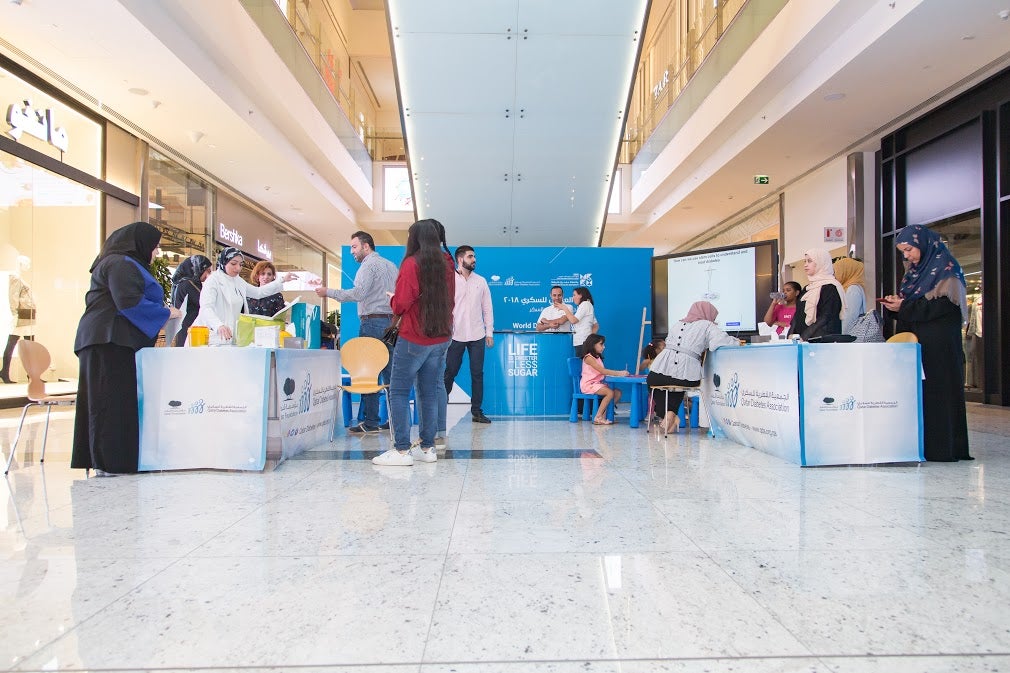
1. What are the most prominent research efforts that are currently conducted by QBRI?
QBRI’s primary efforts aim to improve and transform healthcare through conducting translational research related to the prevention, diagnosis and treatment of diseases affecting Qatar and the region, through its three main centers specialized in non-communicable diseases; namely the Diabetes Research Center, the Cancer Research Center, and the Neurological Disorders Research Center, especially those affecting children and the elderly.
The institute substantially focuses on tackling health challenges by addressing the most effective means of diagnosis and treatment, and it is currently shedding light on translational applied research that focuses on the application of integral and multidisciplinary approaches necessary to face closely related health challenges.
2. Are you conducting any research on coronavirus (COVID -19) and what is it?
QBRI has a team of highly qualified researchers and professionals who are currently working on research related to this pandemic. We have, for example, a team of researchers headed by Dr. Paul J. Thornally, Director of the Diabetes Research Center, analyzing vital data to explore treatment solutions to combat COVID-19. The team have conclusions and crucial outcomes that will be published shortly.
Another recently published research paper, developed by Dr. Fouad Alshaban, Senior Scientist at QBRI’s Neurological Disorders Research Center, has proposed a hypothesis on using chloroquine and its derivatives as a chemical protective agent against coronavirus. Dr. Alshaban has practical experience in the epidemiology of communicable diseases in general and fighting malaria in particular. Dr. Fouad Alshaban notes that chloroquine which is one of Quinolones Derivatives is effective in the treatment and prophylaxis of malaria, and has antiviral activities. During the present COVID-19 corona virus pandemics, studies showed that this drug is effective in the treatment of this pandemic.
3. How can these efforts support national measures being taken in this direction?
The specialized research being carried out by QBRI addresses several aspects with regard to countering the virus, and such research will have a positive effect in combating this pandemic. We are currently working on a research paper that explores the possibility of using plasma drawn from samples of recovered patients to be used as a cure for coronavirus patients. There are also other studies that we will be publishing soon that shed light on the impact of COVID -19 on the institute's main research cases, namely; autism, diabetes and cancer.
4. What are the most important tips and advice that you would like you recommend?
The most important thing that must be adhered to during the current period is to commit to social distancing, which has proved effective in minimizing the spread of the virus. Thus, we advise all community members to avoid gatherings, stay at home except for absolute necessity, and fully abide by the directions issued by all related official entities.
A number of our researchers are currently working on a periodic basis to collect and review all approved medical information and tips with regards to coronavirus. This information will be regularly published to promote public awareness and inform the community of the latest updates, and to reduce the spread of any false or unaccredited information.
5. What cooperation and partnerships are you involved in with regards to coronavirus research related efforts? Do you have any collaboration with research institutions in Qatar and beyond?
We are in continuous contact with Hamad Medical Corporation (HMC) and collaborating with them with regard to the diagnostic aspect in particular, and we have agreed to analyze future samples and conduct further research on them.
We have several joint cooperation projects with various internal and external stakeholders with regards to COVID-19. We are currently discussing a means of joint collaboration with Qatar Computing Research Institute (QCRI), HMC and the Primary Health Care Corporation (PHCC). Such cooperation aims to conduct population tests and carry out research and studies on some specific aspects.
We also have a joint cooperation plan with Sengenics Corporation in Singapore to carry out diagnostic studies and analysis on samples, to identify the possibility of the presence of antibodies and their effectiveness to combat COVID-19.
6. How do you utilize your expertise to innovate and develop methods to combat this pandemic?
We can, with the expertise of our researchers, give a helping hand at any time within our scientific research scope as is the case with COVID-19. From the beginning of the crisis, QBRI has responded to the situation, and we have directly contacted HMC to discuss ways of joint cooperation and proposed effective contribution to address this pandemic, specifically in diagnosing coronavirus patients. Moreover, we have actually provided HMC with a sophisticated Hamilton robot that speeds up the process of extracting ribonucleic acid (RNA) from the virus of the collected samples. This has provided a greater opportunity to analyze more samples, which in turn affects the diagnostic speed and treatment of coronavirus cases in a positive manner .
We have also provided HMC with a list of nearly 28 researchers from QBRI, who have the expertise and the wish to voluntarily support and work in its diagnostic laboratories, and to help increase the number of medical staff to meet any emerging needs.
In addition, a research team led by Dr. Fares Al -Ejeh, Senior Scientist at QBRI’s Cancer Research Center, is working on the development of a novel coronavirus diagnostic method in a detailed and advanced manner that aims to extract all vital agents needed to be made available to HMC as a necessary additional plan at times of need. We have also brought the basic substances to do this test and make it available to HMC as a backup plan in case of need.






